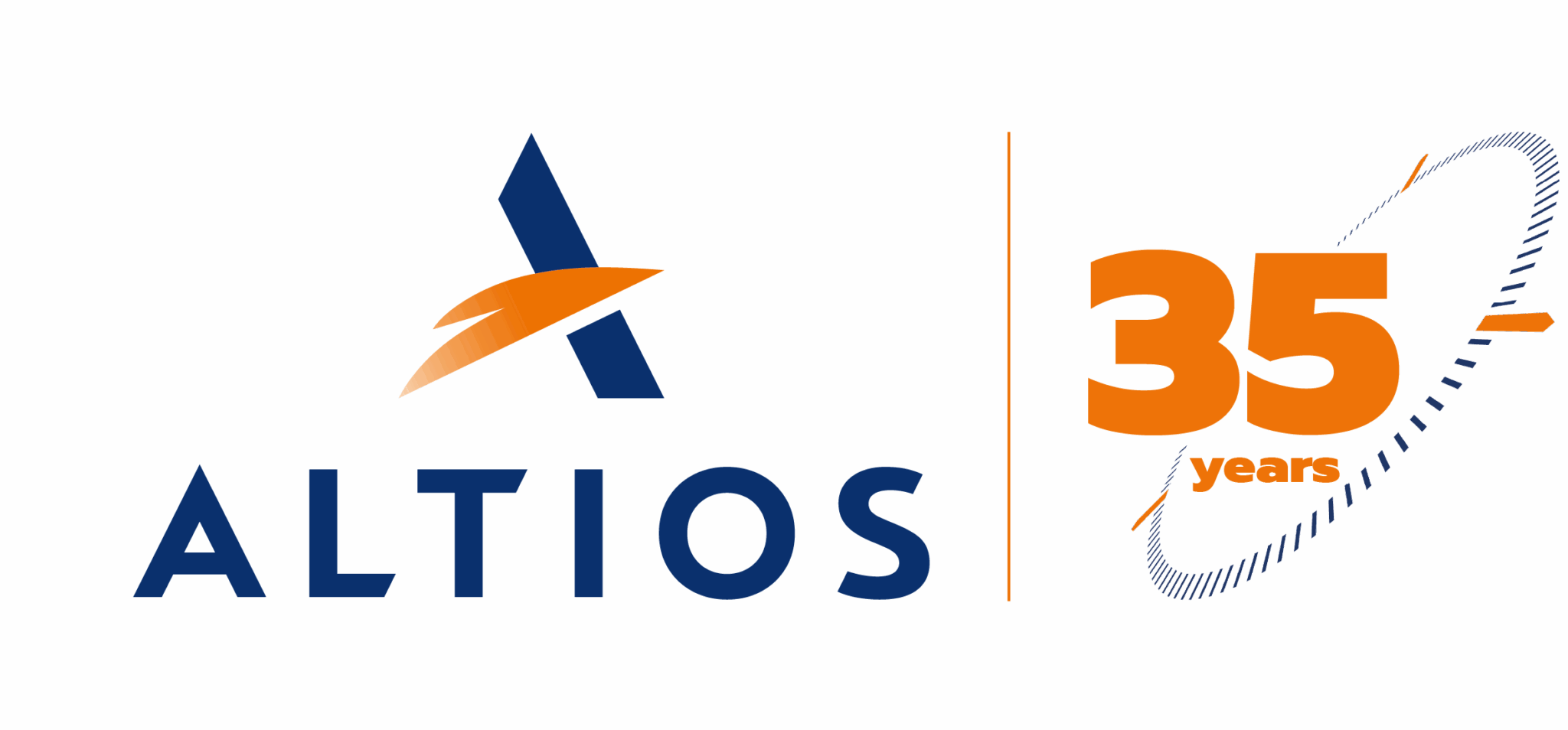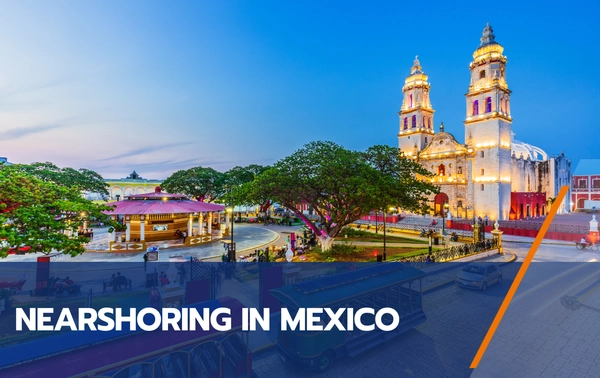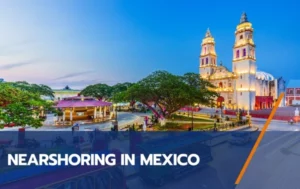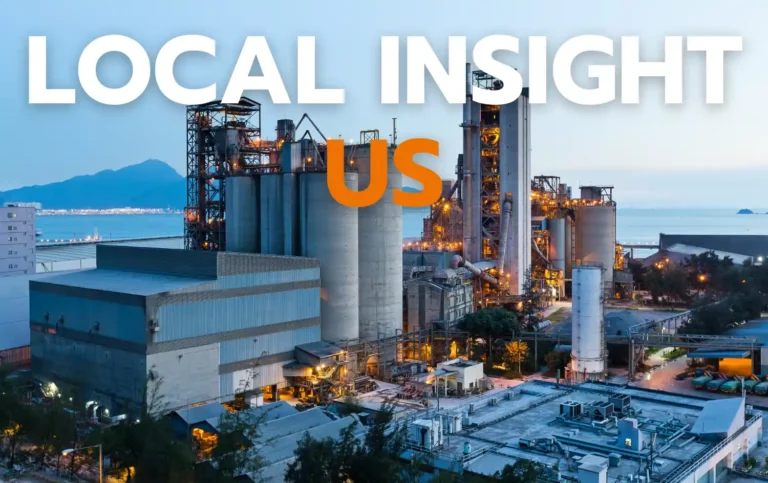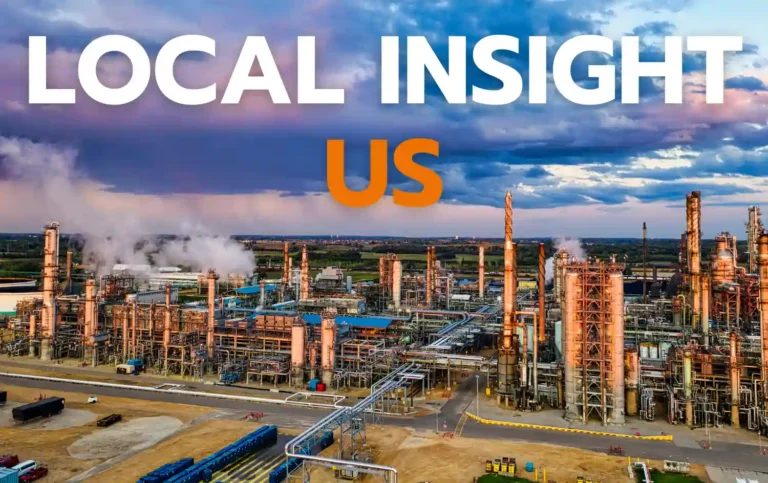Nearshoring in Mexico represents a key business strategy that involves relocating company operations, primarily from the United States and Canada, to Mexico. This trend is driven by lower labor costs, geographic proximity, logistical advantages, and favorable trade agreements such as the U.S.-Mexico-Canada Free Trade Agreement (USMCA). Mexico offers a skilled labor force, modern infrastructure, and political stability, making it an attractive destination for industries such as manufacturing, technology, and services.
Projections and Opportunities with the New Government
With virtual president-elect Claudia Sheinbaum, GDP growth is projected to be between 4% and 5%, based on:
- Increasing foreign investment and strengthening the peso.
- Capitalizing on nearshoring opportunities.
- Implementing sectoral plans with a focus on regional development.
Read more here
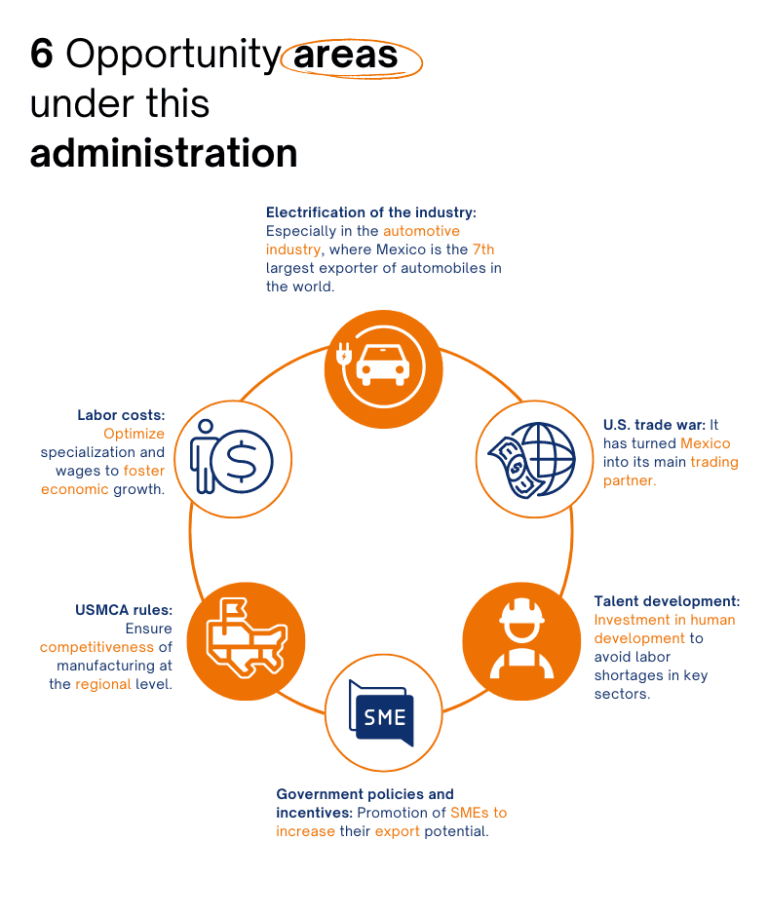
Current Challenges and Opportunities
The business world throws us new challenges and opens opportunities, yet we must keep moving forward. Read on for an overview of the key hindrances and potential opportunities.
1. Challenges
The most important challenge is the integration of value chains. Enhancing this link from the northern region to the central and southeastern parts of our country would not only bring about greater economic connectivity but also increase efficiency and competitiveness on a national scale.
Another significant problem is the electrical infrastructure. Committing to using cleaner energy sources is fundamental for long-run development and breaking away from fossil fuels. That transition is critical not only for the environment but also for our long-term economic well-being.
This, with security as a priority; we must change our scheme to provide the conditions that guarantee it and foster investment. Economic growth and prosperity cannot take place in environments that are not stable or secure.
The scarcity of water is a critical issue, especially in areas such as Nuevo Leon. Yet in the very face of this rising demand, it is even more fundamental to upgrade water infrastructure to guarantee a sufficient sustainable supply.
Fostering talent development is vital for our future. By involving SMEs in investment flows, we can diversify our economy, enhance our competitiveness, and drive innovation.
Pollution and mobility issues impact both our environment and quality of life. To create more sustainable and livable cities, it’s crucial to implement measures that improve air quality and urban transportation.
Investing in digital technology is essential for optimizing our international business operations. Leveraging advanced technologies can greatly boost the efficiency and competitiveness of our companies.
Addressing the financing challenges for SMEs is crucial for their growth and development, which in turn boosts our economy. Providing both financial and technical support to these companies is essential.
2. Opportunities
Despite these challenges, significant opportunities exist. Job creation stands out as a major one. Foreign direct investment can generate better-paying jobs with enhanced benefits, thereby elevating the quality of life for our population.
Promoting STEAM careers (science, technology, engineering, arts, and mathematics) is another key opportunity. As information technology and related industries expand, new avenues for professional development and economic growth are emerging.
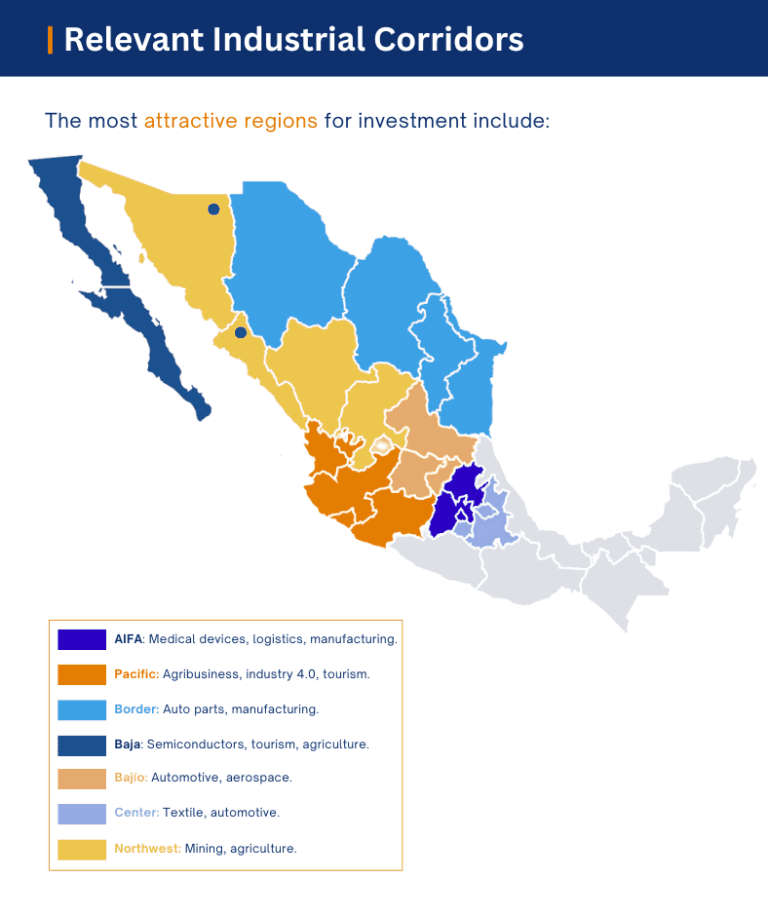
Foreign Direct Investment in Mexico
FDI in Mexico has been steadily growing, reaching USD 36.058 billion in 2023, with projections suggesting it could exceed USD 40 billion in the coming years. Investments are primarily focused on manufacturing, financial services, and emerging sectors like aerospace and information technology.
Emerging Trends
- Aerospace Industry: Annual growth of 15% to 20%.
- Information Technology: Increased investment in AI, IoT, and Big Data.
- Talent Development: Training programs in technical and soft skills, and improved English proficiency.
Want to know more?
At ALTIOS, leveraging our expertise in supporting and advising medium-sized enterprises on their internationalization projects, we view the nearshoring trend and the support from the public and private sectors for foreign direct investment as a prime opportunity for industrial implementation via Greenfield Investment. The USMCA framework between Mexico, Canada, and the United States provides legal security and a regional scheme prioritizing final assembly and manufacturing of “Made in USMCA” products. This framework aims to secure tariff preferences, enhancing competitiveness and brand positioning within the region.
If you require more information about our services, contact us at info@altios.com.
